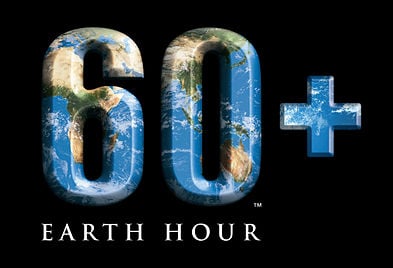
On the evening of Saturday, March 29, people around the world are being asked by campaigners to switch off the lights for an hour to celebrate “Earth Hour”. The question is whether this helps the climate and the challenges it faces around the world.
“Global warming is a real problem, but Earth Hour is not the answer,” says Bjorn Lomborg, Director of the Copenhagen Consensus Center. “The net emissions reduction is close to zero. And if you light several candles, you will actually increase your CO₂ emissions.”
According to Dr. Lomborg, who’s also adjunct Professor at Copenhagen Business School, and the author of such best-sellers as The Skeptical Environmentalist and Cool It, “this celebration of darkness sends the wrong message. While more than a billion people across the globe make a symbol of foregoing non-essential electrical power for one hour a year, another 1.3 billion people across the developing world will continue to live without electricity as they do every other night of the year”.
Dr. Lomborg goes on to say “electricity, and affordable, plentiful energy, is the lifeblood of modern civilization and prosperity. Instead of turning off the lights for everyone, we should focus on finding bright solutions that allow those living in permanent darkness to improve their lives substantially through the access to energy. Cutting emissions in the short run is no easy task. Today, green energy is too costly to be a viable solution. That is why we need to increase global investment in green research and development 10-fold from $10 to $100 billion annually. This will create the breakthroughs that will be necessary to power the second half of the century with low-cost, green energy.”
Earth Hour was started six years ago in 2007 in Australia and since then it has grown to become the world’s largest mass participation event in history.